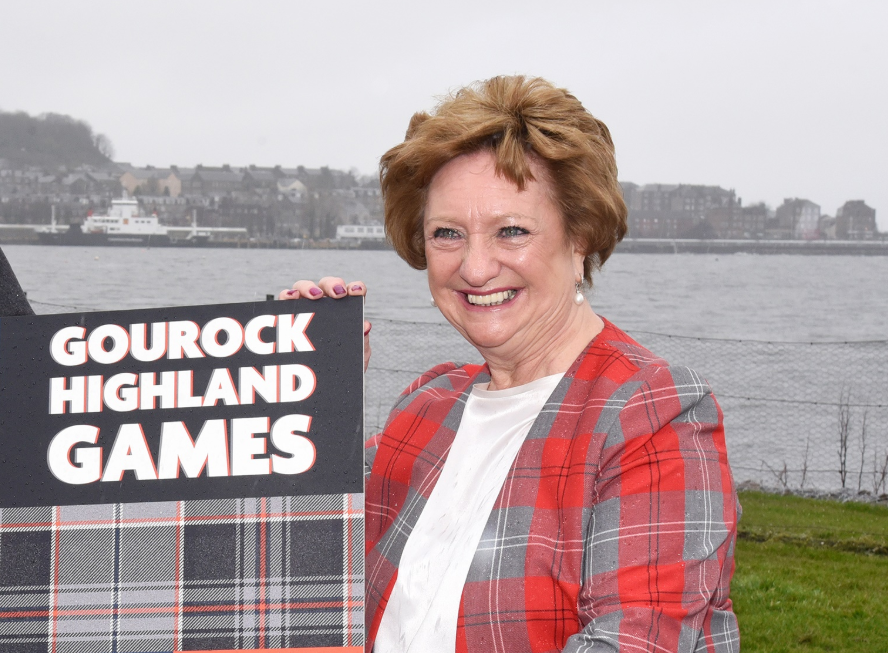Spring Budget 2023: Chancellor Overhauls Pensions, Benefits And Childcare In Push For Growth
Scotland’s Unemployment Rate Hits Record Low
14/03/2023UK Economy Set To Shrink But Avoid Official Recession
15/03/2023Spring Budget 2023: Chancellor Overhauls Pensions, Benefits And Childcare In Push For Growth
Chancellor Jeremy Hunt has said he is “proving the doubters wrong” as he used a stronger-than-expected economic performance to help fund new tax breaks for business investment and a drive to get people back into the workforce.
Setting out £22bn of higher spending and tax breaks in the next financial year, the chancellor said the British economy would avoid a technical recession in 2023 with inflation falling by half. However, the economy is still expected to shrink this year.
In an attempt to keep older workers from retiring early, Hunt announced a surprise decision to scrap the £1m cap on tax-free pension savings, saying: “No one should be pushed out of the workforce for tax reasons.”
The chancellor said he would reboot Britain’s faltering economy with a focus on growing the workforce with targeted support for working parents, over-50s, and those unable to work because of health issues and disabilities.
Those measures include:
- Thirty hours of free childcare for children of working parents aged nine months and over from 2025.
- Increasing the tax-free allowance for pensions from £40,000 to £60,000 a year as well as abolishing the tax-free cap.
- Abolishing the work capability assessment, allowing those with health problems to seek work without losing benefits.
- However, sanctions for those seeking work will be tightened, including those working less than 18 hours a week.
Hunt’s second big move was to incentivise business investment, with up to £9bn a year in tax reliefs for companies making productivity-boosting investments, in an effort to bolster long-term economic growth.
The government will freeze fuel duty for motorists, as well as beer duties, alongside extending energy support. Hunt said the combined impact reduced inflation by almost three-quarters of a percent this year.
Hunt said his measures were designed to encourage people back to work after a dramatic fall in employment among those over-50s since the Covid pandemic, which had left businesses already affected by Brexit grappling with chronic staff shortages.
In a widely expected move, the government earlier on Wednesday confirmed that its energy price guarantee supporting households would continue to cap the typical annual gas and electricity bill to £2,500 a customer until the end of June.
Confirming several widely trailed measures, the chancellor pledged to create 12 investment zones in eight areas, including the West Midlands and the north-east, “to drive business investment and level up” the country, each backed with £80m of government funding.


